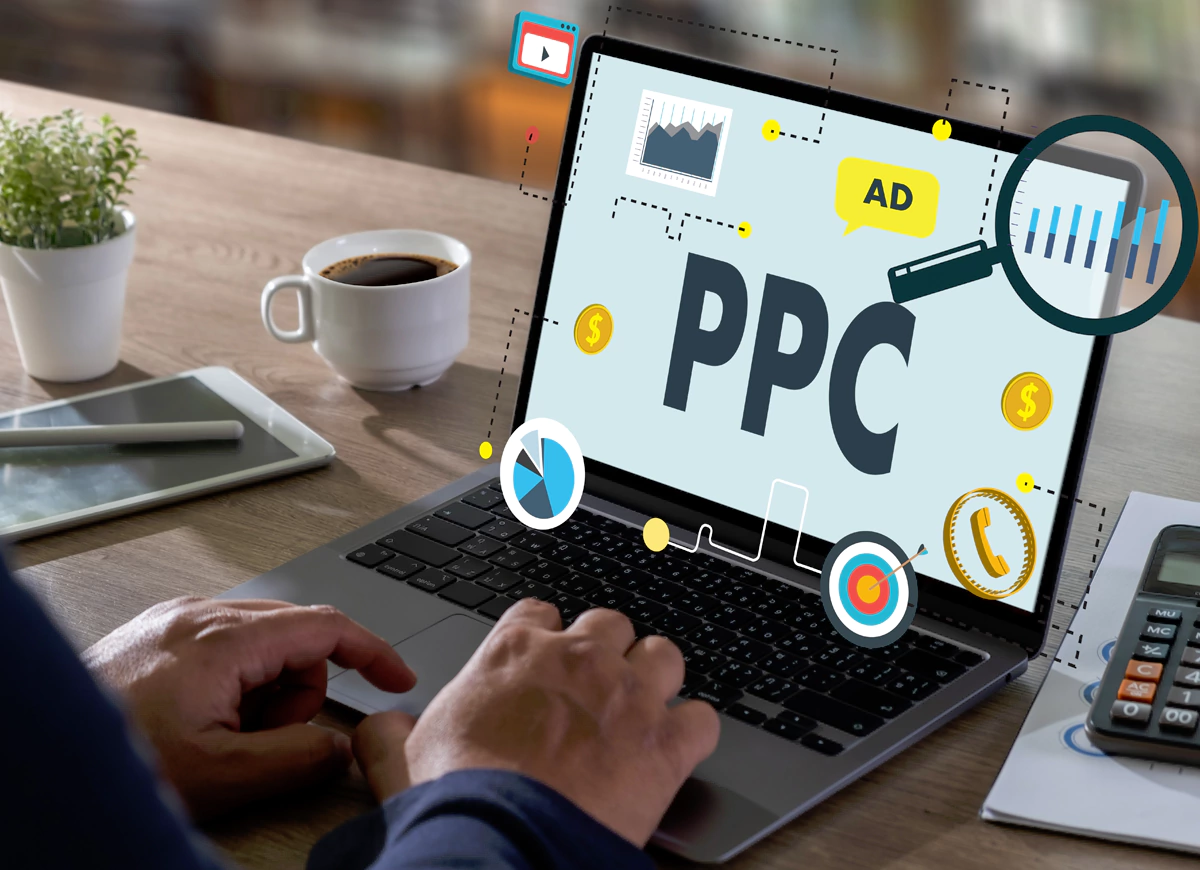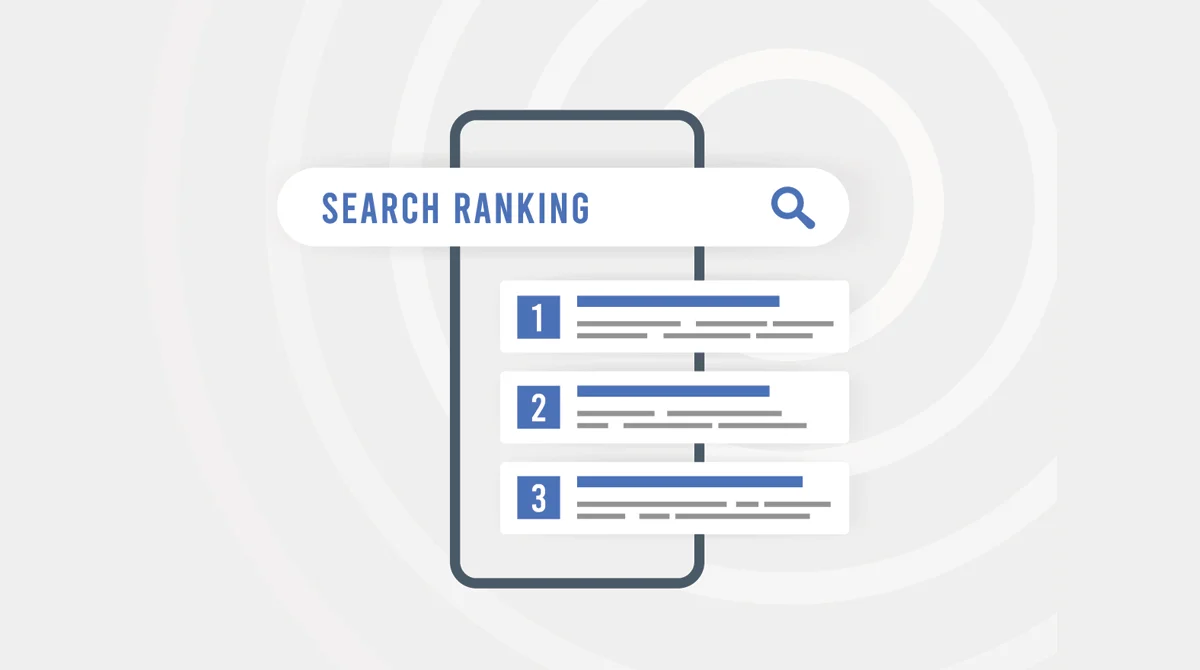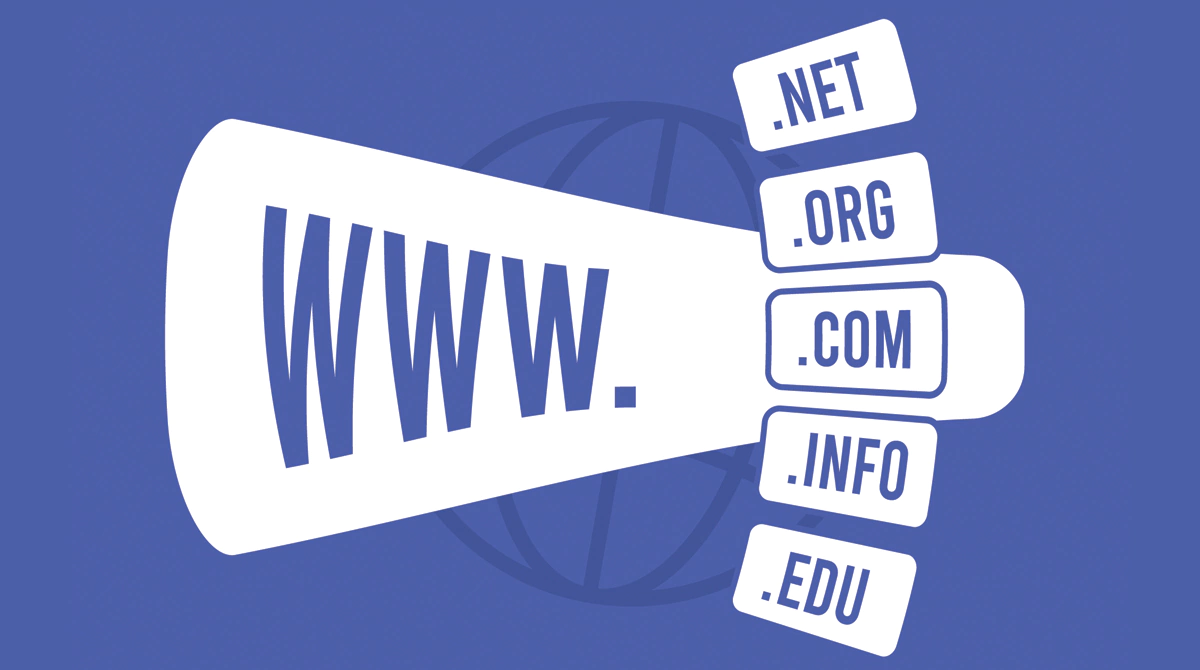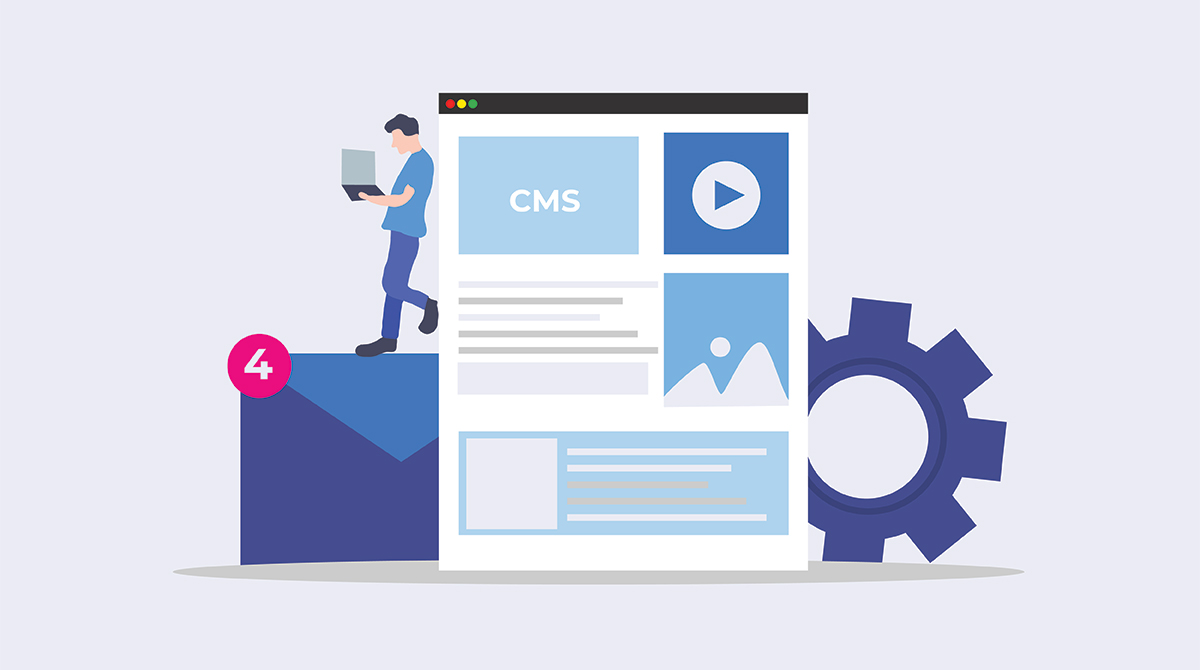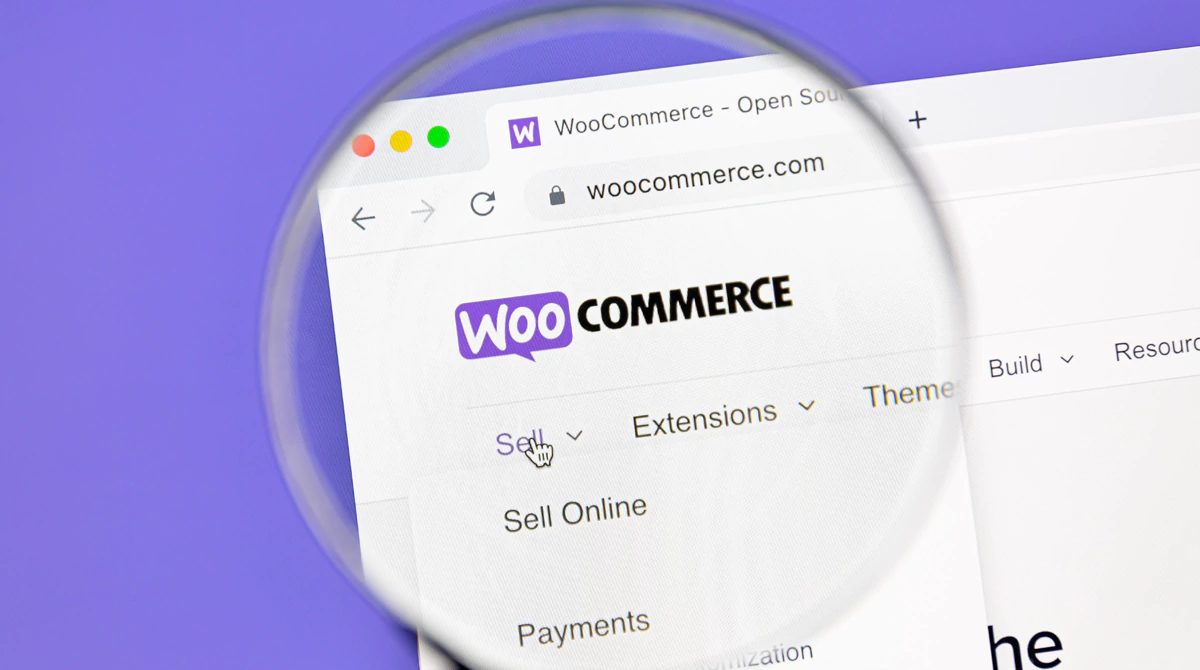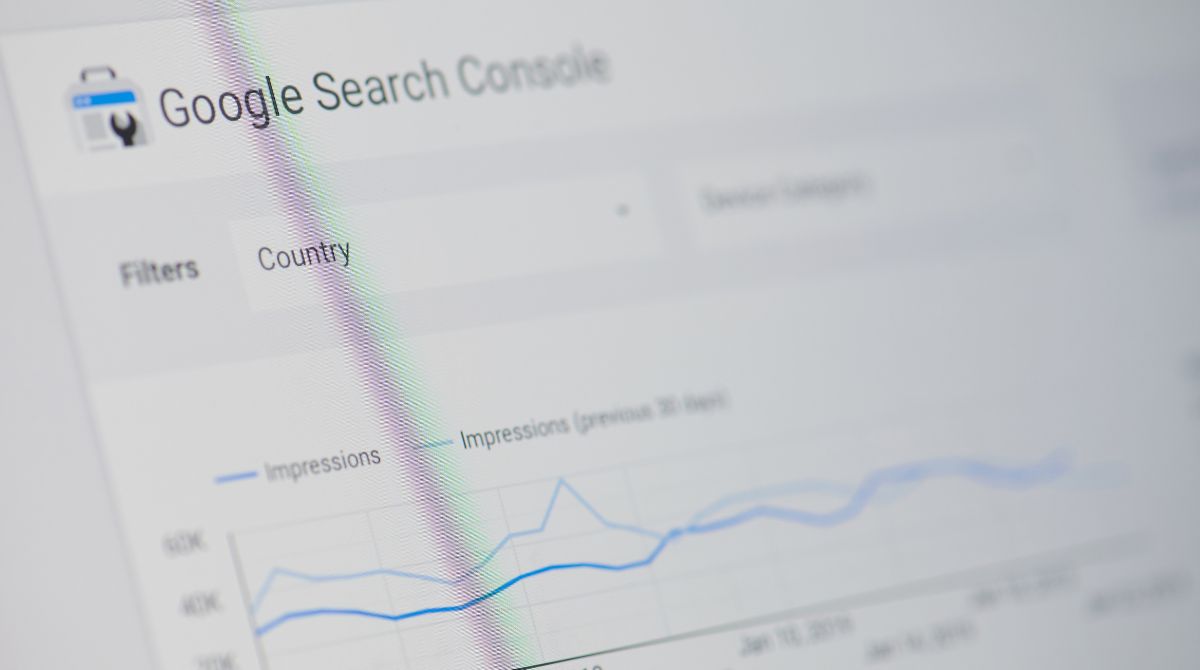When a business approaches a digital marketing company to take its brand online, the main aim is to reach a wider audience. The marketers then take the responsibility to go all out and bring the brand website to the first page of the search engines. Getting to the first page through organic traffic is the most cost-effective option. All the marketers need to do is put on their creative hats and implement the best SEO strategies.
However, it will take time, and spending that much time, especially in this highly competitive business world, is not your best bet. So, what do the marketers do? They spend a little money to enhance the visibility of the brand and thus increase traffic. This form of marketing is called PPC or pay-per-click. Paying an amount to bring the brand in front of the targetted audience doesn’t promise success.
With PPC, marketers also need to utilise their skills and experience to strike the right chords. Sometimes, there can be mistakes that hamper your PPC campaign. With this blog, we intend to elaborate on the most common mistakes committed during a PPC campaign, how these hamper the intent, and ways to avoid them. But before that, let’s learn a little more about PPC:
Understanding PPC or Pay-Per-Click Marketing
PPC, an abbreviation for Pay-Per-Click, is a form of online advertising where businesses pay a fee each time a visitor clicks on the ad. It comes under the Search Engine Marketing (SEM). With PPC, brands have the advantage of placing their ads right in front of their target audience. In PPC, advertisers bid on specific keywords relevant to their business, and when users search for these keywords, their ads appear prominently.
Digital marketing companies take multiple steps to generate a PPC marketing campaign. Here are a few of these:
- Setting Up an account with Google Ads
- Goal and Campaign Selection
- Opt for Campaign Type depending on your preferences
- Choose a Bidding Strategy
- Specify where you want your ads displayed
- Enter Keywords and Upload Ad Asset
- Create and preview your ads
- Determine your daily budget based on your monthly allocation
- Review Your Campaign
- Google will review and launch it once it is approved
Key Terms Used in the PPC Marketing
When you want to implement a PPC Campaign that attains its purpose, it’s important to avoid mistakes that will hinder its performance. For that, we must first equip ourselves with the key terms used in the process. Below is a brief introduction to the PPC glossary:
CPC (Cost-per-click)
Cost-per-click (CPC) denotes the amount an advertiser pays for each click on their ad. In the competitive auction determining ad placement, CPC functions as the bid, where a higher bid corresponds to a better ad position.
You establish your CPC as the maximum price you’re willing to pay per ad click. The following formula determines the actual payment:
(Competitor’s Ad Rank / Your Quality Score) + 0.01 = Actual CPC.
Terms in the equation:
- Ad Rank: It determines the position of your ad on the search engine. The formula to calculate it is Maximum Bid x Quality Score.
- Quality Score: An evaluation by search engines based on your click-through rate, relevance of keywords, landing page quality, and past SERP performance.
- Maximum Bid: The maximum amount you’re willing to pay per click.
CPM (Cost per Mille)
CPM, or cost per thousand, represents the cost for one thousand impressions. Commonly used in paid social and display ads, CPM is a relevant metric, alongside other cost-per metrics like cost-per-engagement and cost-per-acquisition (CPA).
Campaign
Initiating your PPC ads involves defining your ad campaign and representing the core message or theme conveyed through your advertisements.
Ad Group
To accommodate diversity, create multiple ads within your campaign based on closely related keywords, each with its CPC setting.
Keywords
Every ad in your ad group targets a set of relevant keywords, informing search engines about the terms or queries your ad should be associated with in SERPs. Micro CPC can be set specifically for keywords within ads based on performance.
Ad Text
Ad text should align with keywords, influencing your Quality Score. Relevance in ad text and landing pages enhances ad effectiveness.
Landing Page
A crucial element in your paid advertising strategy, the landing page, is where users land after clicking your PPC ad. Adhering to landing page best practices maximises conversions, whether it’s a dedicated webpage, homepage, or another location.
Benefits of Implementing a PPC Campaign
Why do businesses opt for PPC in the first place? It has multiple advantages, even though it costs them a little money. Below are a few of these:
- PPC delivers immediate visibility
- PPC provides control over budget allocation
- Detailed analytics allow you to track the key metrics of your ads
- PPC allows precise targeting based on keywords, demographics, location, and even device types
Mistakes That Can Ruin a PPC Campaign
Now, we have ample knowledge about PPC marketing, and it’s the right time to learn about the
common mistakes that backfire on the campaign. Avoiding all these following mistakes will ensure a successful campaign that attains its goals:
Not Creating Goal Metrics
Setting clear goals and metrics is the compass that guides your PPC campaign, determining its direction and success. Before launching your campaign, ensure that you have specific and measurable objectives. Keep yourself equipped with the answers: Are you aiming for increased website traffic, lead generation, or sales? Each goal requires a tailored strategy.
For instance, if the focus is on lead generation, you will aim for a certain number of visitors to sign up for subscriptions and make enquiries. When you have clearly defined metrics, they act as benchmarks for success and ensure every element of your campaign aligns seamlessly with these objectives, optimising resources for maximum impact.
Not Analysing the Funnel
Knowing how your customers move from learning about your product to buying it is crucial for successful PPC (pay-per-click) advertising. Think of it like a journey, where potential customers go through different stages before purchasing. This journey is called a sales funnel, which includes awareness, consideration, decision, and post-purchase.
Analysing this funnel is like understanding your advertising plan’s unique code (DNA). Without it, you might not be able to direct your efforts correctly. Thereby, you will be missing the opportunities to turn interested people into actual customers. By looking at each stage of the funnel and adjusting your PPC strategy accordingly, you ensure your approach fits the whole process. It increases the chances of turning potential customers into loyal ones.
Not Tracking the KPIs
Think of Key Performance Indicators (KPIs) as the heartbeat of your PPC campaign. They’re like a health check for how well your ads are doing. If you ignore these metrics, it’s like trying to fly blindfolded – not a safe idea at all.
Important KPIs include:
- Click-Through Rate (CTR)
- Conversion Rate
- Cost Per Click (CPC)
- Return on Ad Spend (ROAS).
Each of these numbers gives you insights into how your campaign is performing. A high CTR means people find your ads interesting, but if not many are buying, your landing page might need fixing from the pros at a digital marketing company. Understanding these KPIs helps you make smart choices and get better results over time. Trust us to help your brand succeed in the digital world!
Not Maintaining Adequate Budget
Budget management in PPC is a delicate balancing act that requires constant attention and adjustment. Going too stingy on your ads might limit your exposure, while excessive spending without a strategic foundation can drain resources with little return.
Therefore, digital marketing professionals always review your budget based on performance data. You can ensure maximum ROI by identifying high-performing keywords and allocating more budget. Conversely, adjust or eliminate underperforming keywords. This dynamic approach ensures that your budget is efficiently utilised, targeting the most promising areas for optimal results.
Ignoring the Landing Page
After you create an interesting ad, the landing page is where everything comes together. Your customers will know more about your services here and also gauge if you actually know the details of the job at hand. Therefore, ignoring this important part is a big mistake in PPC advertising.
The landing page shouldn’t just be a copy of the ad; it needs to be improved to fit well with the ad’s promise. A smooth shift from the ad to the landing page makes users happy and more likely to do what you want. Elements like in-depth information, clarity about the products and services offered, clear instructions and, above all, an easy-to-understand layout help make your campaign successful.
Not Researching the Competition
In the world of online ads, knowing your competition is crucial. Not knowing what others are doing is a missed chance. If you don’t keep up with trends, your advertising might fall behind. So, stay updated on what your competitors are doing – their plans, the words they use, and how the market is changing.
Applications like SpyFu can help you a great deal in learning about your competitors. You can know the paths of their successes and where they’re not doing so great. This info helps you improve your ads, be noticeable in the busy online world, and take advantage of chances your rivals might miss.
Not Targeting Properly
When you want to make your PPC campaign work well, targeting the right people is crucial. If your audience is too broad or not a good match, your message won’t be as powerful. Use the features that let you target specific groups, considering things like age, interests, and behaviours. Work on tailoring your messages for different groups to get them interested and more likely to buy. When you target properly, you not only use your budget wisely but also make your campaign more effective overall.
Not Being Up to Date With Google Ads
The online world changes quickly, and places where you advertise, like Google Ads, often get updates. If you don’t keep up with these changes, your ad plan might become old-fashioned and not work as well. Therefore, it’s imperative that you regularly keep track of updates on Google Ads and understand how it works at that point in time. Make sure to track the new features and the best ways of doing things. Keeping up with these changes helps your ad plan use the newest tools and improvements, keeping it important and competitive in the always-changing world of online advertising.
Not Working Enough on Ad Copy
Making an effective ad is like telling a good story. It’s more than just using words; it’s about creating something that connects with your audience. That’s also why you need a professional team from a digital marketing company to create the right ad that suits your brand.
They are creative people and take ample time to make your ad interesting, relevant, and convincing. They will ensure that your message speaks to what your audience cares about. A well-made ad doesn’t just get more clicks; it also makes people have a good experience when they visit your webpage.
Key Takeaways
Avoiding these common mistakes is the first step to a successful PPC campaign. Businesses need to understand the details of PPC, use the right platforms, and learn from possible problems to fare well in a PPC campaign. It helps them get more attention online and achieve meaningful results.
Choose Make My Website for Your Digital Marketing Needs
Marketing on the internet is not a quick way to expand your territory anymore. Now, you need people who can constantly be in touch with the updates on search engines and can ace techniques that catapult your brands in a short time. Make My Website is a highly trusted digital marketing company that provides custom solutions to boost your online presence and ensure the success of your PPC campaigns. Our team of experts is committed to staying ahead in the ever-changing digital landscape. Choose us to help your brand thrive in the online world.


